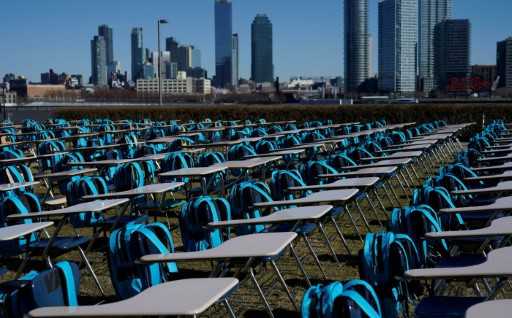Generation threatened as pandemic sets back childhood development: UNICEF
11 March, 2021

Closed schools, surging poverty, forced marriages and depression -- after a year of the pandemic, indicators measuring child and adolescent development have all regressed, a setback that heralds lasting stigma for a whole generation, UNICEF warned Thursday.
"The amount of children who are hungry, isolated, abused, anxious, living in poverty and forced into marriage has increased," Henrietta Fore, executive director of the US International Children's Emergency Fund, said in a statement released accurately one year because the World Health Organization classified COVID-19 as a pandemic.
"Their usage of education, socialization and essential services including health, nutrition and protection has decreased. The signs that children will bear the scars of the pandemic for a long time to come are unmistakable," Fore said in the statement.
Confronted with such "devastating" effects, Fore urged for children to be located "in the centre of recovery efforts," particularly by "prioritizing schools in reopening plans."
UNICEF cited a number of worrying figures in support of Fore's words.
As the pandemic has taken a heavy toll on the elderly, children and adolescents under 20 make up 13 percent of the 71 million coronavirus cases reported in the 107 countries that provided age-specific data.
In developing countries, projections show a 15 percent upsurge in child poverty.
Six to seven million more children could have problems with malnourishment in 2020, an increase of 14 percent that could translate to more than 10,000 additional deaths monthly, mainly in sub-Saharan Africa and South Asia.
For 168 million students around the world, schools have already been closed for nearly a year. A third of these students do not have usage of online education.
Because of the shuttered schools and worsening economic situation, the pandemic may possibly also cause the marriage of 10 million children by 2030, adding to the 100 million girls already considered vulnerable to marriage by then.
At least one in seven children or adolescents has spent a lot of the past year under lockdown orders, increasing anxiety, depression and isolation.
The coronavirus in addition has resulted in the suspension of vaccination campaigns against other diseases -- you start with measles -- in 26 countries, increasing threats to the health of non-immunized people.
Source: japantoday.com
TAG(s):
